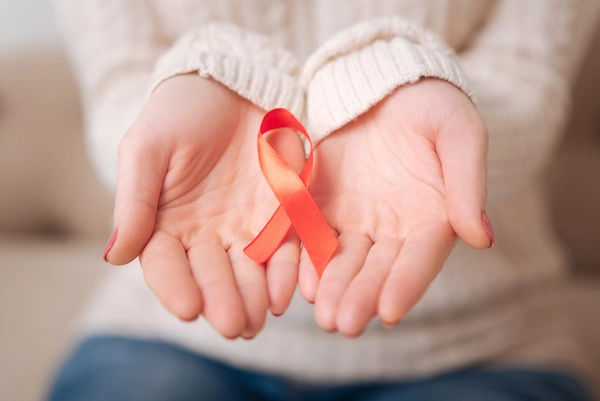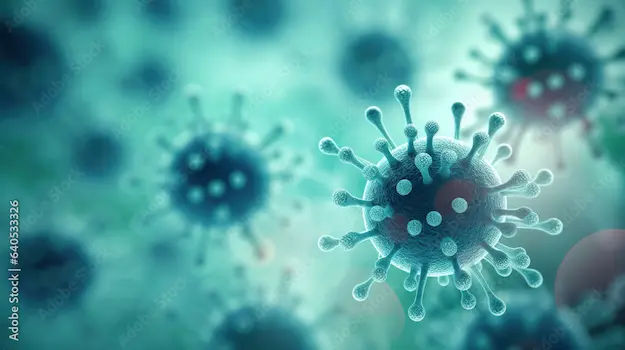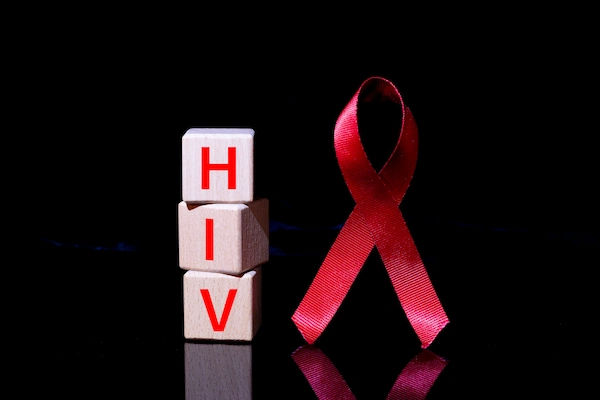- female
- 30 Years
- 31/03/2021
How can we prevent communicable disease?
Answered by 1 Apollo Doctors
Handle & Prepare Food Safely as food can carry germs, Wash Hands Often, Clean & Disinfect Commonly Used Surfaces, Cough and Sneeze into a Tissue or Your Sleeve, Don't Share Personal Items, take appropriate vaccines, Avoid Touching Wild Animals and stay home when sick.
Dr. Ibrahim Suggests...
Consult a Infectious Disease specialist
Answered 04/07/2025
0
0


Ask Apollo
AI powered Health Chatbot
-
Personal Hygiene Practices
- Regular handwashing with soap and maintaining cleanliness are crucial. Practice respiratory hygiene by covering your mouth and nose when coughing or sneezing.
-
Vaccinations
- Ensure you are up-to-date with vaccines like influenza, hepatitis B, and HPV to prevent communicable diseases.
-
Safe Food and Water Habits
- Consume well-cooked food and drink clean water to avoid infections.
-
Safe Sexual Practices
- Use protection, such as condoms, to prevent sexually transmitted infections.
-
Avoiding Contact with Sick Individuals
- Minimize exposure to ill individuals and seek medical advice when necessary.
-
Environmental and Lifestyle Measures
- Maintain a clean living environment and use mosquito repellents or nets. Adopt a healthy lifestyle to boost immunity.
-
Regular Health Check-ups
- Schedule periodic medical check-ups and screenings for early detection and management of infections.
-
Consultation and Resources
- Consult general physicians or infectious disease specialists and utilize government health programs for vaccinations and education.
Recommended next steps
Consult a General Physician/ Internal Medicine Specialist or Consult a Infectious Disease specialist
Answered 20/08/2025
0
0
More Infectious Disease Health Queries
View allI'm worried because I just found out I have typhoid fever, and my test results showed an O antigen level of 1160 and an H antigen level of 180. Does that mean my typhoid is severe? Also, how long should I expect to wait before I start feeling better?
it takes time
Answered by 1 Apollo Doctors
I had unprotected sex about a year ago and then tested positive for HSV 12 IgG. Now, after a year, I got retested and it shows negative for HSV. But, whats worrying me is that my Western Blot test says HIV 1 is indeterminate with HIV 1 p24 GAG detected, and HIV 2 is not detected. Also, the HIV 12 ELISA test is negative and the HIV 1 RNA quantitative PCR test shows 'Target Not Detected'. I'm really anxious about what this means. Do I have HIV? What should be my next steps? I'm really hoping for some guidance on how to interpret these results.
Yes you can have it no problem
Answered by 1 Apollo Doctors
I've been really anxious since I had sex about a month ago. I did an HIV ELISA test, and it came back nonreactive. If I decide to get tested again after three months, what are the chances that the results will be the same? Or could they change? I'm just trying to figure out what to expect.
If you had a non-reactive result on an HIV ELISA test one month after having sex, it is a good sign. However, it is recommended to get tested again after 3 months for a more conclusive result. The result after 3 months may still be non-reactive, but it is important to confirm with another test to be sure.
Answered by 1 Apollo Doctors
Disclaimer: Answers on Apollo 247 are not intended to replace your doctor advice. Always seek help of a professional doctor in case of an medical emergency or ailment.




